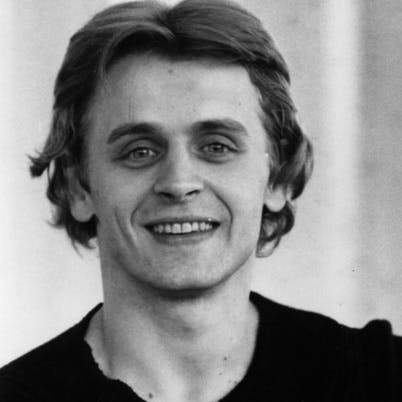Soviet dancer Mikhail Baryshnikov defects from U.S.S.R.

Considered one of the world’s greatest ballet dancers of all time, Soviet virtuoso Mikhail Baryshnikov choreographs his own Cold War-era defection from the U.S.S.R. after four years of planning.
Known as “Misha” to his admirers, Baryshnikov, then 26, finished a performance with the Leningrad-based Kirov Ballet in Toronto while on a Canadian tour, and then evaded his KGB handlers, disappearing into the crowd outside, hopping into a waiting car and hiding out until he was officially granted political asylum in Canada. Soon after, he received political asylum in the United States, where he became principal dancer with the American Ballet Theatre and the New York City Ballet. He became a U.S. citizen on July 3, 1986.
Baryshnikov called the defection an artistic choice rather than a political one.
“When I was in Toronto, I finally decided that if I let the opportunity of expanding my art in the West slip by, it would haunt me always,” he told The Globe and Mail in his first post-defection interview. “What I have done is called a crime in Russia … But my life is my art and I realized it would be a greater crime to destroy that. I want to work with some of the West's great choreographers if they think I am worthy of their creations.”
Baryshnikov told People magazine in 1985 that the defection unfolded like a thriller.
“It was arranged secretly through friends,” he said. “I was running, the getaway car was waiting a few blocks away as we were boarding on the group’s bus. KGB was watching us. It was actually funny. Fans are waiting for me outside the stage door, and I walk out and I start to run, and they start to run after me for autograph. They were laughing, I was running for my life. It was very emotional moment, I tell you.”
Photo and Link: https://www.history.com/this-day-in-history/mikhail-baryshnikov-defects-cold-war-dancer











